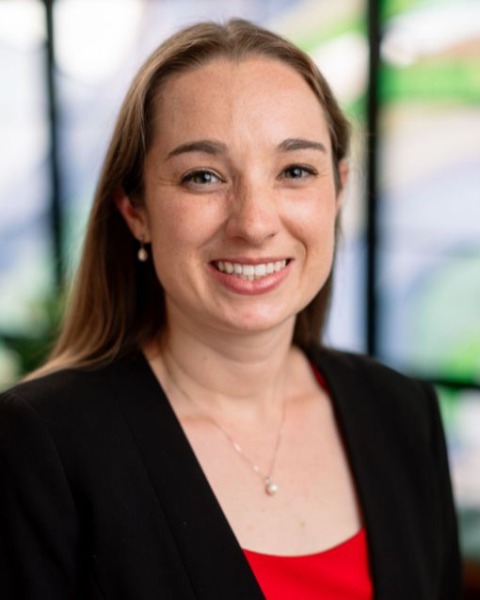Education
Mayo Clinic Neurosurgery Residency Leadership Forum

Juliana C. Capp, MD
Neurosurgery Resident
Mayo Clinic
Rochester, MN, US
Presenting Author(s)
Introduction: Leadership is a critical skill for neurosurgeons; however, most neurosurgeons received no formal leadership education during residency. Since there are few published studies on leadership development for neurosurgery residents, the ideal leadership training program is unknown.
Methods: The Mayo Clinic Neurosurgery Residency Leadership Forum was designed and implemented to provide leadership education for residents, fellows, and medical students. The team improved the program using the Define-Measure-Analyze-Improve-Control QI methodology and the Standards for QI Reporting Excellence guidelines. The team aimed to increase overall attendance without sacrificing educational content. This initiative did not require institutional review board approval.
Results: During the first year, five national neurosurgery leaders, two other physician leaders, and three non-physician educators were invited as speakers. Topics included emotional intelligence, running meetings, and coaching future leaders. On average, four attending surgeons, 12 residents/fellows, and five medical students/researchers attended the lectures. To achieve the aim of increasing attendance, the team defined the baseline process with a Suppliers-Inputs-Processes-Outputs-Customers+Requirements tool, used the electronic database to quantify baseline metrics, and performed root cause analysis to identify suboptimal components of the program. The team implemented structural changes via a Plan-Design-Study-Act cycle. During the second year, seven national neurosurgery leaders and three other physician leaders were invited. Topics included leadership styles, innovation in neurosurgery, and just culture. On average, seven attending surgeons, 21 residents/fellows, and seven medical students/researchers attended the lectures. The average number of attendees increased from 21 to 36 and attendees reported greater satisfaction with the program.
Conclusion : Using a QI framework, a novel leadership training program for neurosurgery residents was developed, implemented, and improved. Based on this initiative, we recommend that residents receive formal leadership training from experienced physician leaders.
Methods: The Mayo Clinic Neurosurgery Residency Leadership Forum was designed and implemented to provide leadership education for residents, fellows, and medical students. The team improved the program using the Define-Measure-Analyze-Improve-Control QI methodology and the Standards for QI Reporting Excellence guidelines. The team aimed to increase overall attendance without sacrificing educational content. This initiative did not require institutional review board approval.
Results: During the first year, five national neurosurgery leaders, two other physician leaders, and three non-physician educators were invited as speakers. Topics included emotional intelligence, running meetings, and coaching future leaders. On average, four attending surgeons, 12 residents/fellows, and five medical students/researchers attended the lectures. To achieve the aim of increasing attendance, the team defined the baseline process with a Suppliers-Inputs-Processes-Outputs-Customers+Requirements tool, used the electronic database to quantify baseline metrics, and performed root cause analysis to identify suboptimal components of the program. The team implemented structural changes via a Plan-Design-Study-Act cycle. During the second year, seven national neurosurgery leaders and three other physician leaders were invited. Topics included leadership styles, innovation in neurosurgery, and just culture. On average, seven attending surgeons, 21 residents/fellows, and seven medical students/researchers attended the lectures. The average number of attendees increased from 21 to 36 and attendees reported greater satisfaction with the program.
Conclusion : Using a QI framework, a novel leadership training program for neurosurgery residents was developed, implemented, and improved. Based on this initiative, we recommend that residents receive formal leadership training from experienced physician leaders.

.jpg)